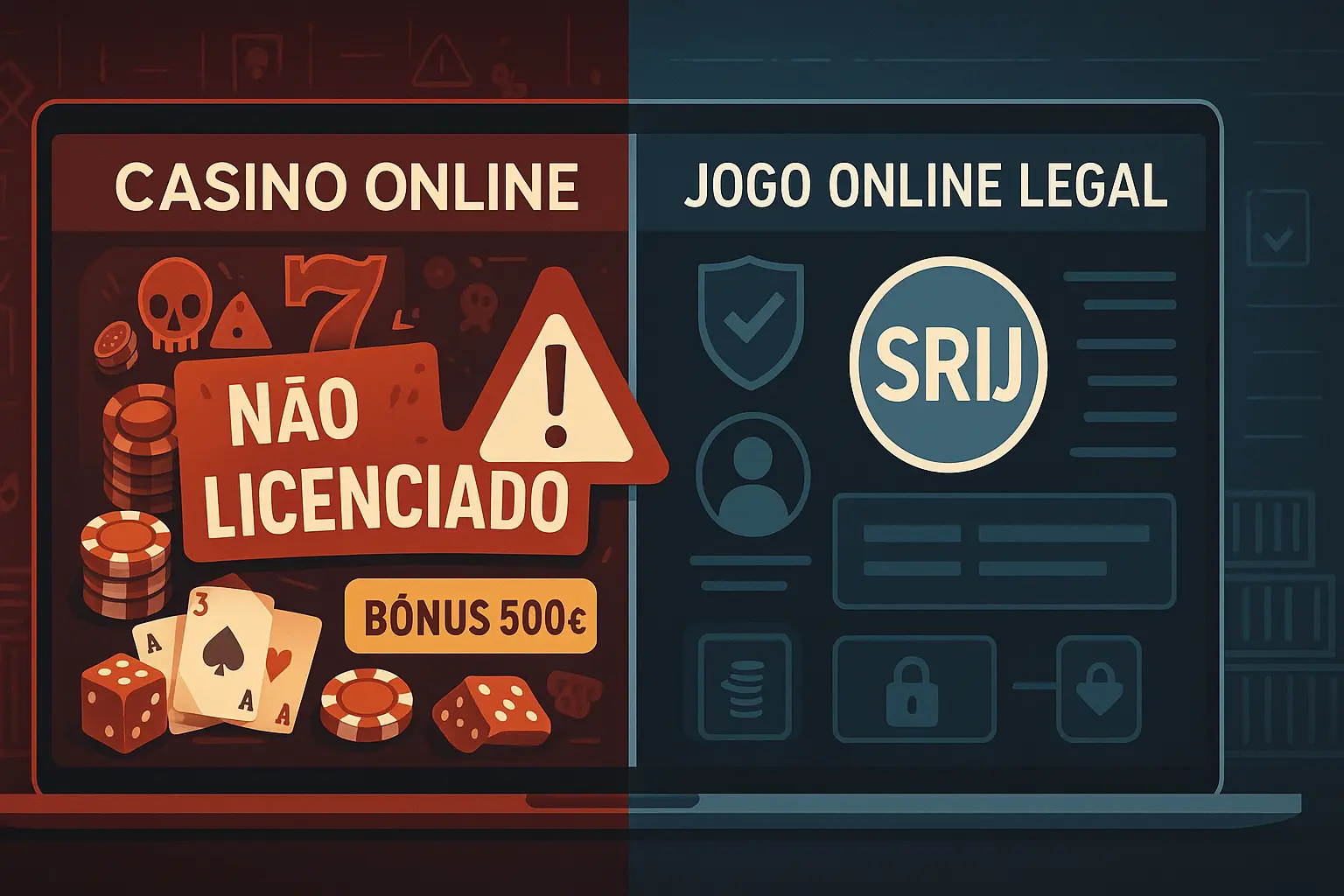Over 63,000 People Registered for Self-Exclusion from Online Gambling in Spain
Online gambling and sports betting have surged in popularity in Spain, becoming a leading form of online entertainment. The convenience of playing anytime, anywhere, coupled with a wide array of regulated platforms offering secure and engaging experiences, has fueled rapid growth, attracting millions across the country.
This expansion has highlighted the importance of responsible and safe gambling practices. Self-exclusion has emerged as a crucial tool for individuals seeking to limit their access to online casinos and betting sites, either temporarily or permanently. Thousands in Spain have already registered with the Directorate General for Gambling Regulation (DGOJ) self-exclusion registry. This raises important questions: What does this step entail? What motivates it? And what role do digital platforms play in this process?
Understanding Self-Exclusion Data
Self-exclusion is a mechanism that allows individuals to voluntarily ban themselves from participating in online gambling activities, including casinos and sportsbooks. Any adult can request exclusion, for a set period or indefinitely, on platforms authorized by the DGOJ to operate legally in the Spanish online gambling market.
To self-exclude, individuals must register with the General Register of Access Interdictions to Gambling (RGIAJ), either in person via a form or through the DGOJ’s online portal. Registration is initially indefinite, but cancellation can be requested after at least six months.
Recent data from the DGOJ reveals a steady increase in the use of the self-exclusion registry, now exceeding 63,000 registered individuals. Between 2020 and 2021, 13,682 people joined the RGIAJ, reflecting growing awareness of this tool in the context of online gambling. During this period, the Valencian Community saw the third-highest increase in self-exclusions for online games and bets, rising from 3,677 in 2020 to 4,494 in 2021, a 22.21% increase, behind only the Balearic Islands (25.53%) and the Region of Murcia (22.44%).
A Valuable Resource for Limiting Gambling Access
Gambling and sports betting can be time-consuming and costly, potentially leading to neglecting other responsibilities. Self-exclusion offers a valuable resource for those seeking to set clear boundaries with online gambling.
Many people choose this option voluntarily as a preventive measure, even without experiencing addiction problems. For some, it’s a way to control gambling habits and prevent risky behavior; for others, it’s a temporary break to reorganize priorities and regain balance.
The value of self-exclusion lies in empowering the player to make informed decisions and set voluntary limits.
The DGOJ plays a crucial role in ensuring the process is accessible, secure, and effective. In addition to self-exclusion, other blocking apps and methods exist to limit exposure to gambling, providing extra protection.
Interpreting the Increase in Self-Exclusions
The rise in RGIAJ registrations can be viewed from different angles. Increased awareness has made the tool more accessible, normalizing its use and reducing previous misconceptions. There’s also ongoing discussion about how to communicate the registry’s purpose without stigmatization.
While traditionally linked to addiction, there’s a growing need to present it as a preventive and self-care mechanism for all players. The role of public versus private operators in the increased use of this measure is also being debated.
Moving Towards a More Informed and Safer Environment
Self-exclusion demonstrates individual responsibility. However, the burden shouldn’t fall solely on players. Legal platforms can actively contribute by providing clear information about the tool, making it easily accessible.
Clear information and access to control tools are essential for making informed decisions. Public service digitalization, such as virtual assistants for simplifying procedures, shows how technology can facilitate processes and provide solutions.
Media, public institutions, and the private sector must collaborate to ensure a safer and more transparent online gambling environment.
Stay ahead of the game in the licensed betting world – get the latest insights at LicensedBettingSites.com.















